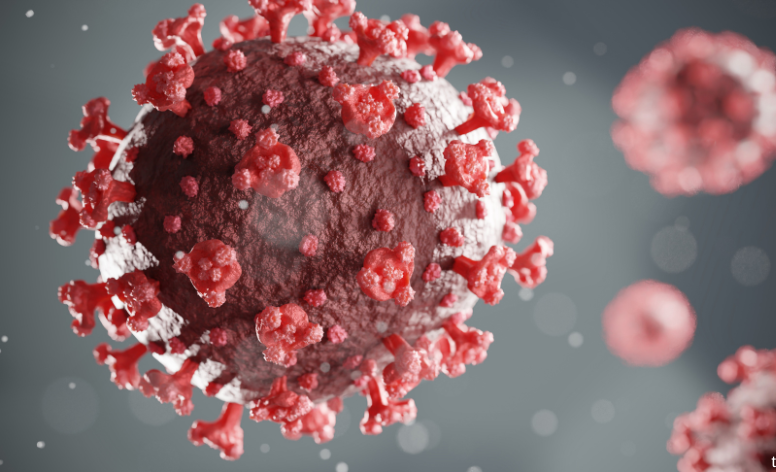Media release
From:
A world-first clinical trial has found that a simple daily nasal spray can significantly reduce the risk of COVID-19 in cancer patients, offering a potential new tool to protect vulnerable people from the virus.
COVID-19 has infected more than 700 million people worldwide, with immunocompromised patients such as those with cancer facing far higher risks of severe illness, hospitalisation and death.
The research published today in Clinical Infectious Diseases showed that a nasal spray containing interferon-alpha (IFN-α), a naturally occurring protein with broad antiviral activity, could reduce the risk of COVID-19 infection by 40% compared to placebo.
Dr Michelle Yong, Infectious Diseases Specialist at Peter Mac, said the results mark a shift in thinking about COVID-19 prevention in immunocompromised patients.
“Even with vaccination, cancer patients remain more vulnerable to COVID-19 and its complications,” Dr Yong said.
“This is the first randomised controlled trial to show that an intranasal interferon-alpha spray can safely and effectively prevent COVID-19 in this group.
“It’s an additional layer of defence, especially for those who can’t mount strong responses to vaccines.”
Professor Monica Slavin, Head of Infectious Diseases at Peter Mac, said the findings could have far-reaching implications across healthcare.
“A safe, easy-to-use nasal spray with broad antiviral activity could benefit not just cancer patients, but other high-risk groups such as transplant recipients, people with chronic illnesses, and the elderly,” she said.
“While it’s not a replacement for vaccination, it adds to our prevention toolkit and could help reduce illness, treatment delays, and hospitalisations.”
The nasal spray was well tolerated, with no significant side effects reported, and was highly acceptable to patients.



 Australia; VIC
Australia; VIC


